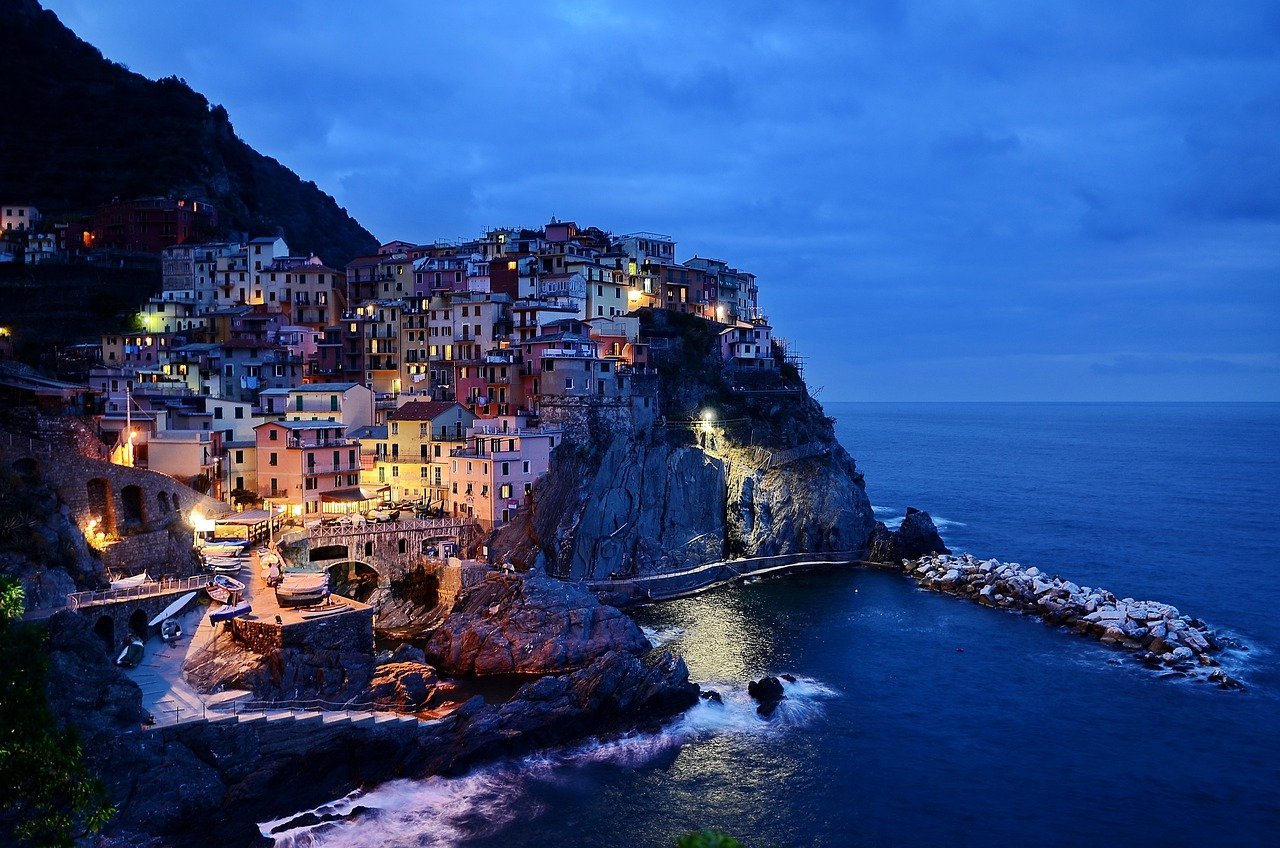Is The Housing Bubble Popping?
Insiders in the housing market and significant institutional investors in single-family homes are now providing us with all kinds of insight into the current situation with housing.
According to the Census Bureau, there is currently a substantial supply of new homes for sale, across all phases of development, amounting to more than 9 months' worth. By June, there were 463,000 new single-family homes available for purchase, which was a record high since May 2008 and an increase of nearly 30% over the previous year.
According to data from real estate consulting firm John Burns, homebuilders' cancellation rates increased to about 18% of their total signed contracts in July, more than double from earlier this year and last year. Furthermore, this cancellation rate was much higher than it was in April 2020, when lockdowns were in place.
Although many customers are telling sellers to give up, sellers are still attempting to obtain aspirational pricing. Because of this, when a buyer and seller are too far apart, there is no convergence of ideas, and no sales take place. - Wolf Street
Will A Housing Market Crash Be The Next Black Swan Event?
The housing sector has recently come under a lot of criticism. Some analysts are calling for a real estate cooling off due to falling home sales and rising mortgage rates. Some people even think the next "black swan" event that causes the rest of the economy to collapse may be a meltdown in the housing market.
A black swan occurrence is described as an unforeseen, catastrophic phenomenon that affects many people and is frequently seen as obvious in retrospect. The 2008 housing crash is frequently used as an illustration of a black swan event. It occurred at a time when housing in the United States was at its height, causing considerable unrest both at home and abroad. It is frequently described as being clear to those who did their due diligence.
The housing market has long been a key component of the American economy. Real estate is a significant domestic source of income and employs many Americans working in the construction industry. In actuality, the average contribution of housing to GDP ranges from 15% to 18%. The U.S. economy will surely suffer if property prices fall dramatically. - Investor Place
There is no doubt that the state of the economy as a whole is intimately tied to housing. In that regard, both worlds currently exist in a state of ambiguity. It remains to be seen if housing turns out to be the black swan that some have claimed it to be.


